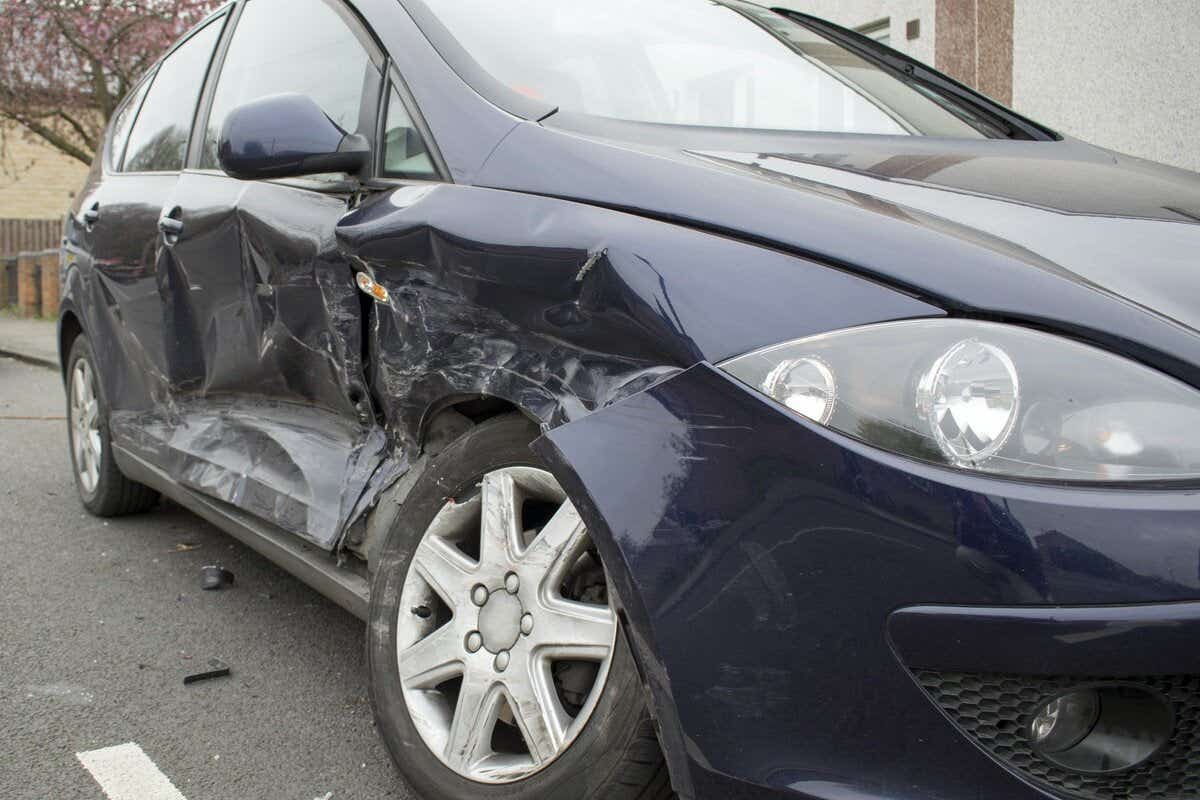What is a no-claims bonus?
For every year you have car insurance and don’t make a claim, you’ll get money off the following year’s premium, and this is known as a no-claims bonus.
The more years you build up without making a claim, the bigger discount you’ll receive.
How does a no-claims bonus work?
A no-claims bonus is cumulative – the longer you go without making a claim, the bigger the annual discount is.
So, for example, if your insurer gives you a 5% discount for every year that passes without a claim, you’ll be getting 20% off your annual premiums after four years, and 50% off after 10 years of claims-free driving.
Some insurance providers will give discounts of up to 80% of the full price.
But check the details with your particular insurer – they might have a lower overall limit on the size of bonus you can build up.
How long does a no-claims bonus last?
The more years you drive without claiming, the greater the no-claims bonus you’ll earn.
As long as you maintain your insurance cover and don’t make a claim, you’ll keep your bonus and you’ll see it increase each year.
And even if you switch providers, you can usually take your no-claims bonus with you.
But if you have to make a claim, you risk losing part or all of your no-claims bonus.
How long does a no-claims bonus last without car insurance?
Typically, a no-claims bonus is valid for two years. This means that if you haven’t had car insurance for longer than that – perhaps because you sold your vehicle and didn’t replace it – your no-claims bonus will expire.
If you then take out car insurance again, you’ll need to build up a new bonus from scratch.
How do I protect my no-claims bonus?
You can safeguard your no-claims bonus by paying an additional amount on top of your car insurance to protect it. This means that even if you were to make a claim, your bonus would stay intact.
Making up to two claims in a year if you have a protected no-claims bonus should ensure your bonus remains in place, although some insurance providers might reduce the bonus as a result.
But this doesn't mean you won’t see higher premiums after you’ve made a claim. Insurers often work on the basis that someone who makes a claim is more likely than other motorists to make a future claim, too, so you’d be considered a higher risk to insure.
That could see your premiums go up – although by not as much as if you didn’t have a protected no-claims bonus.
What happens if I don’t protect my no-claims bonus?
A no-claims bonus that isn’t protected will be lost if you make an at-fault claim.
Depending on your insurer and the size of your claim, you might lose all of your no-claims bonus or just some of it, but you can be sure that it won’t be unaffected.
If you make a claim and your insurer agrees that it wasn’t your fault, your no-claims bonus might be unaffected. But even if you don't cause the incident, if your insurer can’t reclaim the costs from a third-party – if your car has been vandalised, for instance – it can still go down as an at-fault claim, and your no-claims bonus will be at risk.
How is my no-claims bonus affected if I make a claim?
As a general rule of thumb, your no-claims bonus will be reduced by a few years if you make a single claim. So, for example, if you’d built up six years of no-claims bonus, you might find that your bonus is based on only three years of no claims the next time you come to renew.
Further claims will see your bonus cut further, until you have no bonus left, and you’ll have to start building it up all over again.
What can I claim for without affecting my no-claims bonus?
Claims for chipped or cracked windscreens don’t usually affect a no-claims bonus.
And if you have an accident but all parties agree that your claim is a non-fault claim, you should find that your no-claims bonus is unaffected as long as your insurer can recover all the costs from the third party.
Can I transfer my no-claims bonus to a new provider?
Yes, you should be able to take your no-claims bonus with you if you switch insurance provider. But check this before you make the switch.
Your new insurer will want to see proof of your no-claims bonus, so make sure you send any documents it asks you to.
How do I get proof of my no-claims bonus?
Your new insurer will be able to tell you what evidence it needs about your existing no-claims bonus. This usually involves you getting evidence of your bonus status from your current insurer.
Which insurance companies give no-claims bonuses to named drivers?
Named drivers are not generally able to build up a no-claims bonus.
But some providers will allow it, as long as the named driver later takes out a car insurance policy with the same insurer.
Which providers accept expired no-claims bonuses?
You’re unlikely to be able to find an insurer who’ll accept an expired no-claims bonus.
If you haven’t had a bonus over the past two years, you should expect to have to start to build one up from scratch again.
Can I keep my no-claims bonus if I don’t have a car?
If there’s a brief period when you don’t have a car, you might be able to keep your no-claims bonus.
But once two years have passed, you’ll be unlikely to find an insurer who’ll honour a previous no-claims bonus, so you’ll have to start building one up again when you next take out car insurance.
FAQs
Can I insure two cars with the same no-claims bonus?
A no-claims bonus applies to a single policy, so you won’t be able to use it on any other vehicles you own that are covered by their own insurance policies. However, you can build up a second no-claims bonus on a separate car insurance policy for a second car. You can also build up a no-claims bonus on a multi-car insurance policy.
Can I transfer a no-claims bonus I earned abroad?
You might be able to transfer a no-claims bonus that you earned abroad, but this is down to your new insurer. You might need to shop around to find a provider who’ll accept evidence of an overseas no-claims bonus.
Can I transfer the no-claims bonus I earned driving a company car?
If you’re the only person who uses a company car, your insurer might allow you to build up a no-claims bonus. If you later take out insurance on your own car, your previous insurer should be able to send you confirmation of how much bonus you have built up, and your new insurer should accept that.
What is the difference between no-claims bonus and no-claims discount?
The terms ‘no-claims bonus’ and ‘no-claims discount’ are often used interchangeably. But technically, a ‘no-claims bonus’ refers to the number of years of no claims you’ve built up while a ‘no-claims discount’ refers to the discount on your premiums.
Get a car insurance quote
See a range of car insurance quotes in just a few minutes when you compare with Uswitch



